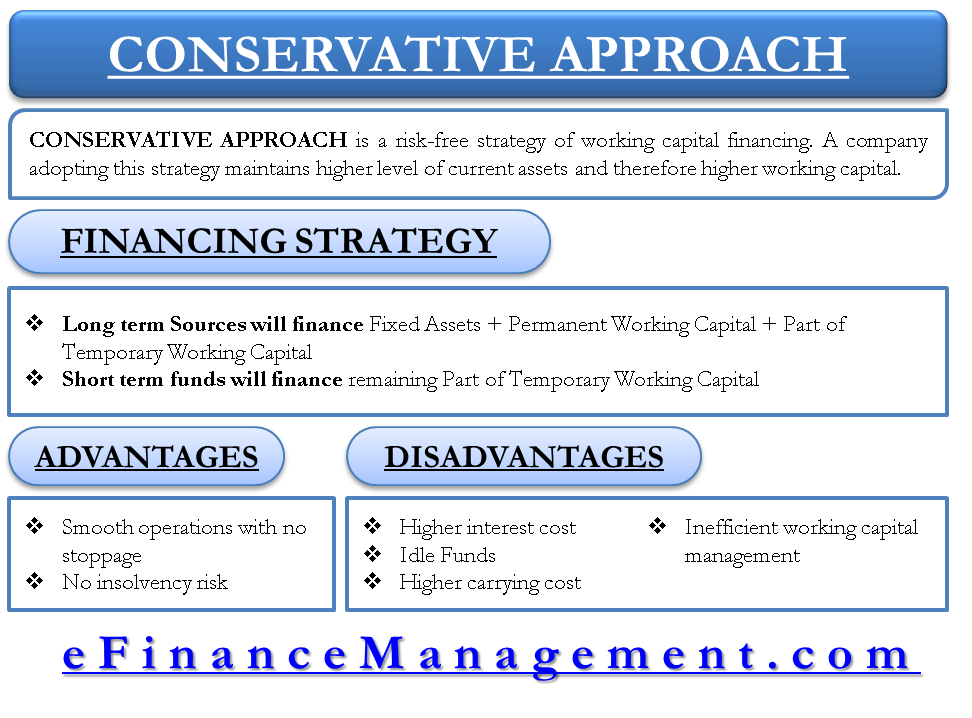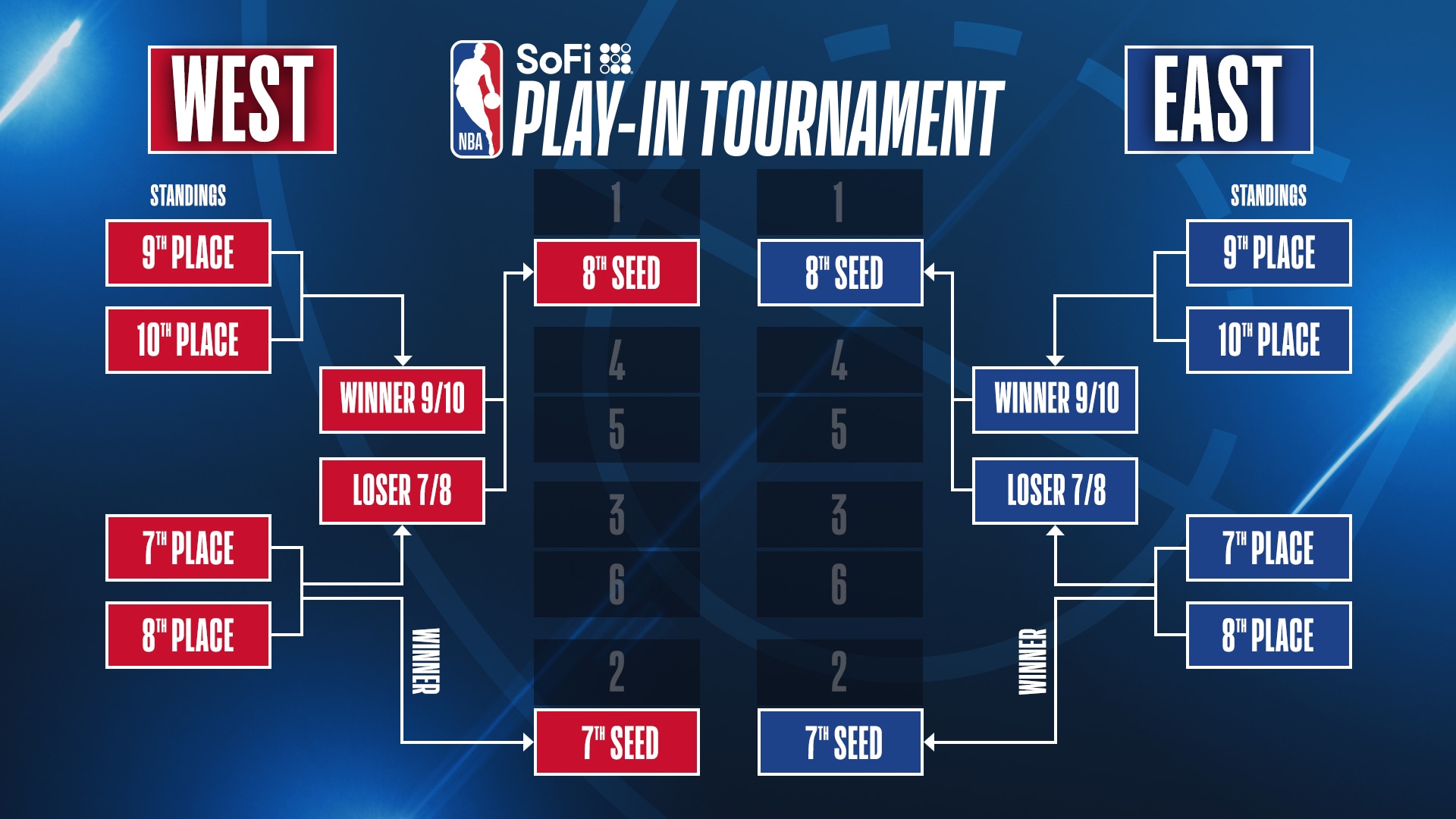Nintendo's Conservative Approach: Smart Strategy Or Missed Opportunity?

Table of Contents
Nintendo's recent history showcases a mixed bag. The runaway success of the Switch, fueled by titles like Animal Crossing: New Horizons and The Legend of Zelda: Breath of the Wild, stands in contrast to the company's relatively late adoption of online features and its historically limited embrace of third-party developers. This inconsistency raises a crucial question: Is Nintendo's conservative approach a winning formula, or is it holding the company back?
The Advantages of Nintendo's Conservative Approach
Nintendo's cautious strategy boasts several significant advantages.
Brand Preservation and Protecting Core Values
A key benefit of Nintendo's conservative approach is its meticulous preservation of its brand identity. This family-friendly image, carefully cultivated over decades, fosters unwavering loyalty amongst a dedicated core gamer audience.
- Successful family-friendly titles: Mario Kart, Pokémon, and Super Smash Bros. consistently top sales charts, demonstrating the power of Nintendo's appeal to families.
- Strong brand loyalty: Generations of gamers have grown up with Nintendo characters and consoles, creating a deep-seated emotional connection that translates into lasting brand loyalty.
- Avoidance of controversial content: Nintendo's focus on family-friendly entertainment has shielded it from the controversies that can plague other gaming companies, safeguarding its reputation and image. This contributes significantly to Nintendo's brand identity as a safe and enjoyable gaming experience for all ages.
Controlled Development and Quality Assurance
Nintendo’s internal development focus and slower release schedule allow for a higher level of quality control. This commitment to polished gameplay is a hallmark of its first-party games.
- Fewer rushed releases: Unlike some competitors, Nintendo prioritizes quality over speed, resulting in fewer rushed or buggy game releases.
- Emphasis on polished gameplay: Nintendo games are renowned for their tight controls, intuitive design, and highly polished gameplay experiences.
- Consistent high quality of first-party titles: The consistent high quality of Nintendo's first-party games reinforces its reputation for excellence and builds consumer trust. This contributes significantly to Nintendo's financial performance and return on investment.
Sustainable Profitability
Despite not chasing every market trend, Nintendo maintains consistent profitability. Its focus on core franchises and hardware sales provides a stable revenue stream.
- Strong sales figures of key franchises: The enduring popularity of franchises like Mario, Zelda, and Pokémon ensures ongoing strong sales and revenue generation.
- Consistent revenue streams: Nintendo's diversified revenue streams from hardware, software, and intellectual property licensing ensures financial stability.
- Successful hardware sales: The success of the Nintendo Switch demonstrates the company's ability to launch and support successful hardware platforms, driving strong sales figures and creating a profitable business model.
The Potential Downsides of Nintendo's Conservative Approach
While Nintendo's approach yields considerable benefits, there are also potential downsides.
Missed Opportunities in the Mobile Market
Nintendo's relatively late and cautious entry into the mobile gaming market represents a missed opportunity. This strategic hesitation allowed competitors to establish a significant foothold.
- Comparison to competitors' successful mobile strategies: Other gaming companies have seen immense success with mobile gaming, highlighting potential avenues of revenue and reach that Nintendo may have underutilized.
- Slower adoption of mobile gaming trends: Nintendo's slow adoption of mobile gaming trends suggests a hesitation to fully embrace this rapidly growing market segment.
- Potential lost revenue: A more aggressive mobile strategy could have significantly increased Nintendo's revenue and global reach.
Limited Third-Party Support
Nintendo's historically restrictive developer policies have limited third-party support compared to other consoles. This impacts game variety and overall platform appeal.
- Comparison to other consoles with more open development environments: Competitors offer more open development environments, attracting a wider range of third-party developers and leading to a more diverse selection of games.
- Limitations on game development tools: Nintendo's limitations on game development tools can discourage some developers from supporting its platforms.
- Impact on game variety: The limited selection of third-party games on Nintendo platforms can hinder its overall appeal to some gamers seeking more diverse gaming experiences.
Resistance to Technological Advancements
Nintendo’s slower adoption of technological advancements, such as robust online multiplayer and cloud gaming technology, has potentially hindered its growth and user experience.
- Comparison to competitors' adoption of online features: Competitors have consistently integrated advanced online features, offering more seamless and engaging online gaming experiences.
- Impact of delayed online functionalities: Delays in implementing online features have sometimes negatively impacted the user experience and potentially hindered the platform's competitiveness.
- Potential for improved user experience: Earlier adoption of online gaming and cloud gaming technology could have significantly enhanced user experience and platform appeal.
Conclusion
Nintendo's conservative approach presents a complex picture. While it has undoubtedly fostered a strong brand identity, consistent profitability, and high-quality game development, it has also potentially resulted in missed opportunities in the mobile market and a more limited game library. The question remains: do the long-term benefits of maintaining a carefully controlled brand and high-quality game development outweigh the potential risks of a bolder, more expansive strategy? It's a delicate balancing act. What are your thoughts on Nintendo's conservative approach? Is this approach ultimately sustainable for long-term success in the ever-evolving gaming landscape? Share your opinions in the comments below!

Featured Posts
-
 Late Match Jitters Cant Stop Sinners Paris Run
May 28, 2025
Late Match Jitters Cant Stop Sinners Paris Run
May 28, 2025 -
 Why Did Canadian Tire Buy Hudsons Bay Understanding The Merger
May 28, 2025
Why Did Canadian Tire Buy Hudsons Bay Understanding The Merger
May 28, 2025 -
 Nba 2 K25 Playoffs Updated Player Ratings Reflect Real World Performances
May 28, 2025
Nba 2 K25 Playoffs Updated Player Ratings Reflect Real World Performances
May 28, 2025 -
 Prakiraan Cuaca Terbaru Kalimantan Timur Ikn Balikpapan Samarinda And Sekitarnya
May 28, 2025
Prakiraan Cuaca Terbaru Kalimantan Timur Ikn Balikpapan Samarinda And Sekitarnya
May 28, 2025 -
 Arsenals Transfer Pursuit Of Real Madrids Rodrygo
May 28, 2025
Arsenals Transfer Pursuit Of Real Madrids Rodrygo
May 28, 2025
